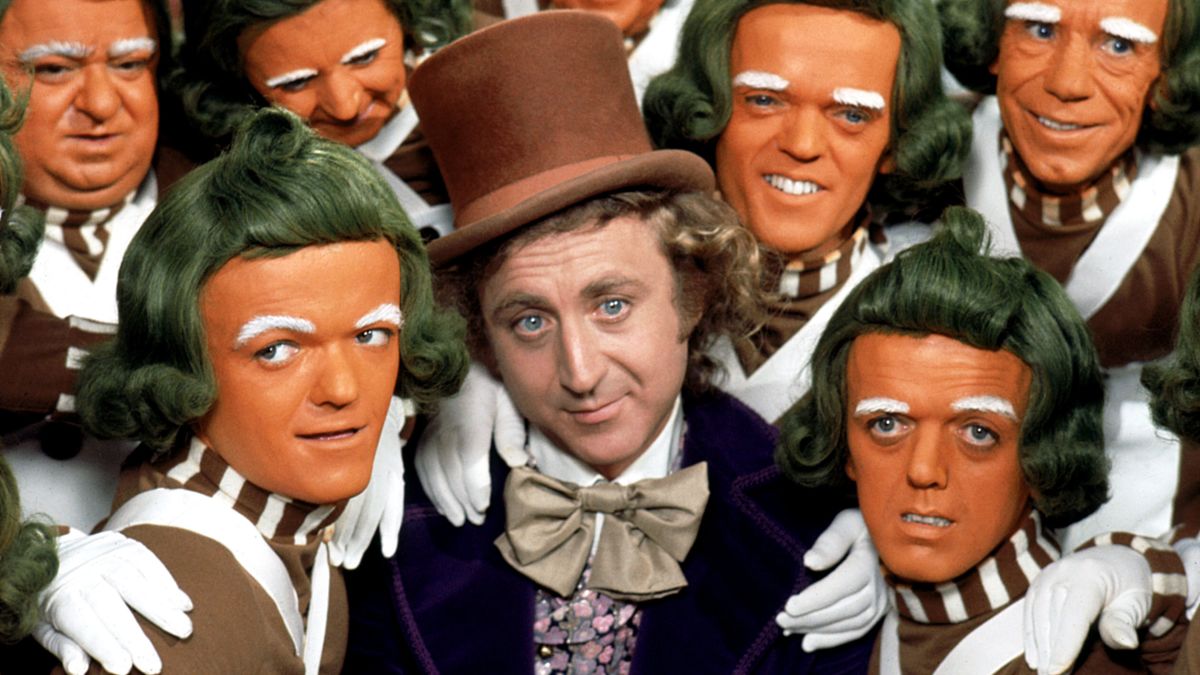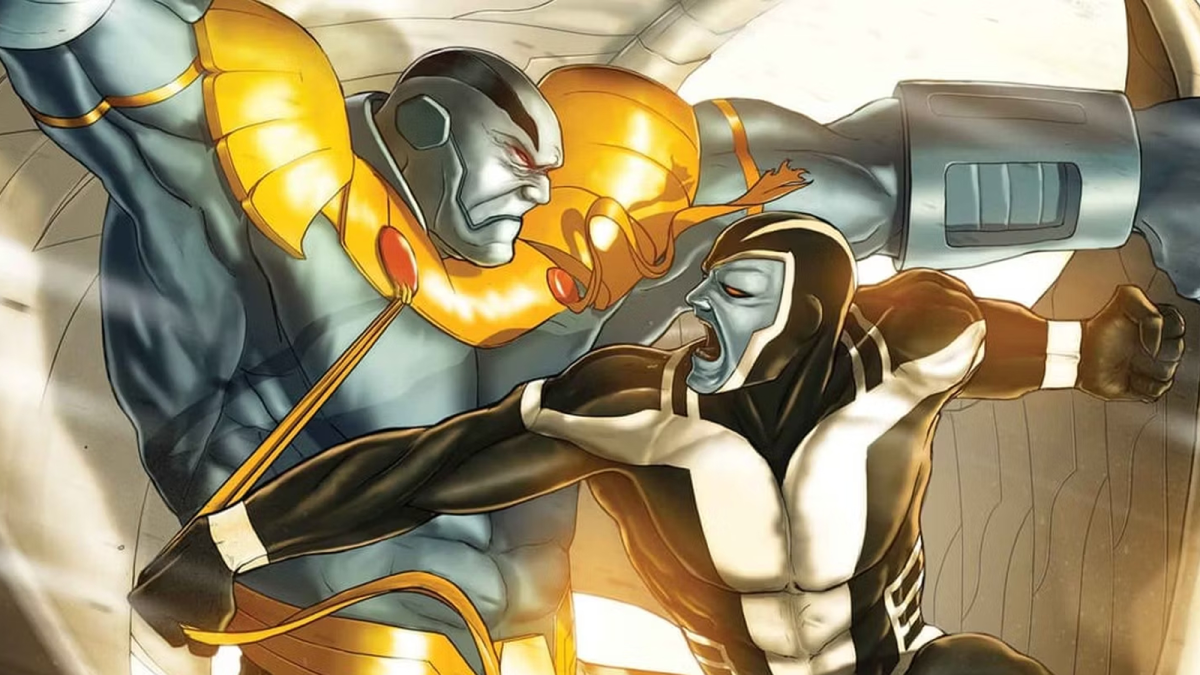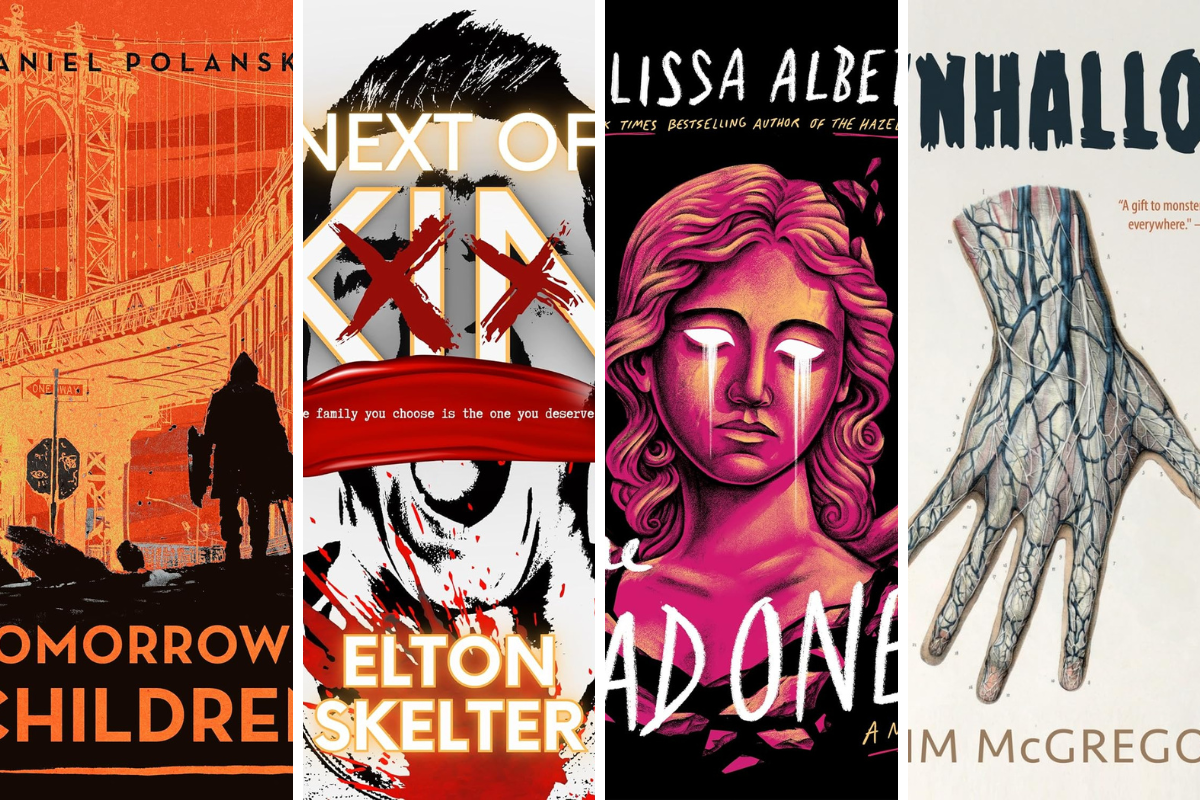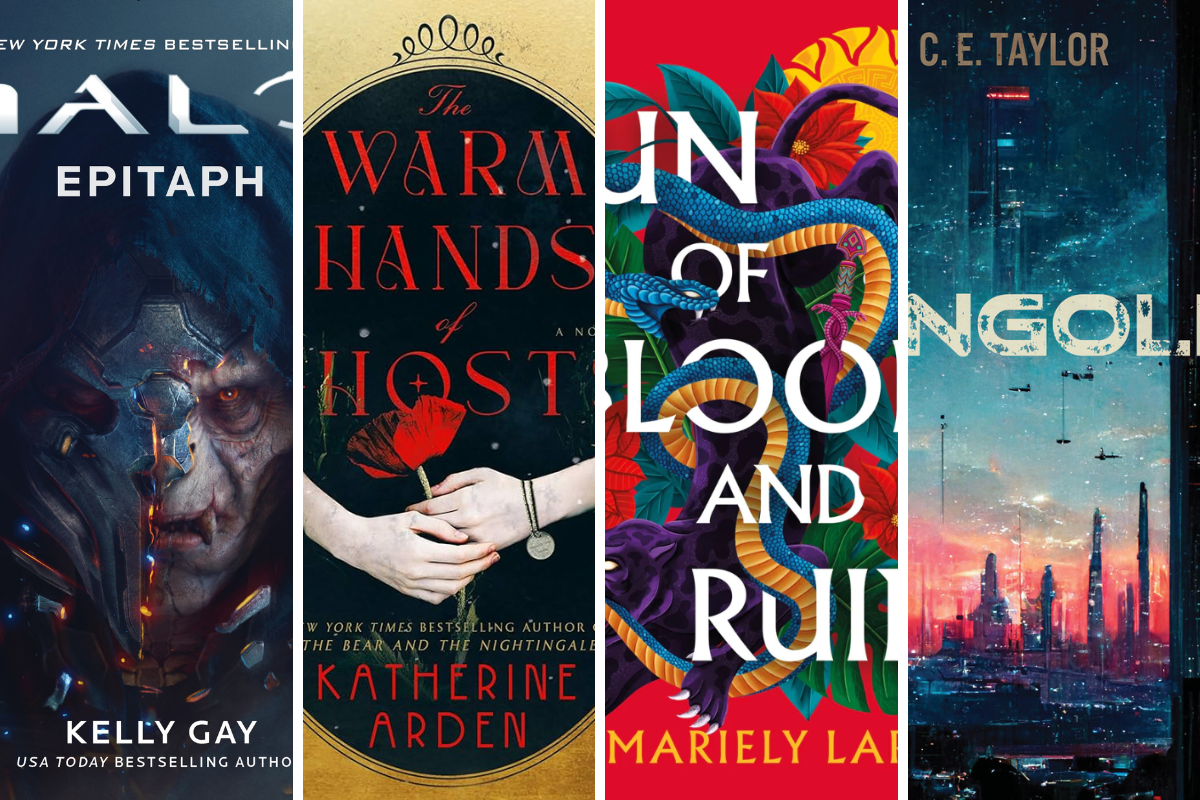Classic literature is under assault. Classic literature is being kept up to date. These are two key, conflicting positions arising from recent revelations in the literary world. The latest is that Goosebumps publisher Scholastic has revised the children’s horror series to make the books more inclusive. Before that, Ian Fleming’s James Bond stories were subject to the consideration of sensitivity readers. And kicking off this latest flurry of debate around censorship of literature was that the works of much beloved children’s author Roald Dahl had suffered edits. These all follow grievances about six Dr. Seuss books being retired a couple of years ago.
Much has been made of these events and what they might mean in the ongoing war for the future of literature, for that war is one of several fronts. Beyond the question of censorship vs. sensitivity are two other concerns. The first are the book bans that are taking place in parts of the United States. The other is the rise of generative text programs, including ChatGPT, which enable the writing of “creative” works with minimal human input. Disparate though these issues seem, taken together they strike to the heart of a question of the value of literature and its role in society.
Maybe that’s why these debates are most contentious when they center around children’s books, as evidenced by the limp response to the situation with Ian Fleming compared to that with Roald Dahl. Children’s books are frequently explicitly didactic. One of Dahl’s most famous works, Charlie and the Chocolate Factory, is an example, acting as a warning against snobbishness, avarice, gluttony, and other traits that correlate with age-old ideas of sin. Bearing in mind this idea that stories may influence how children act, the ideological rationale for revising them becomes clear.
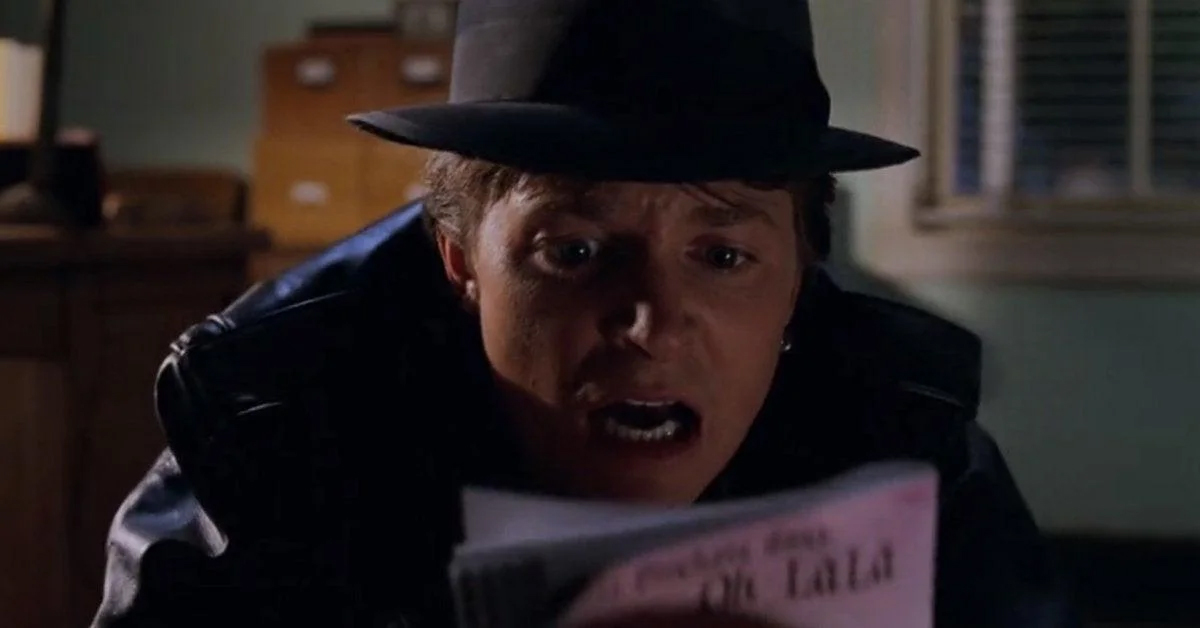
It’s about giving the next generation different expectations and metrics of respect. Whether that succeeds or not is an entirely different matter, and you can peruse a fairly comprehensive list of changes to Dahl and decide for yourself.
Of course, this isn’t the first time we’ve come across similar issues. Disney+ has included disclaimers on certain older films that their portrayals of race are outmoded. HBO Max attracted plenty of raised eyebrows when Gone with the Wind was removed from its library before later being returned with a new introductory video about the film’s context, not to mention the removal of certain episodes of various series. Netflix has also been accused of censorship over edits made to some films, including ones as apparently innocuous as Back to the Future Part II (though this particular edit was subsequently reverted and may not have been a change made by Netflix). And we all know video games are anything but free of the censor’s will, with games from Manhunt to Wolfenstein to Fallout 3 being changed or banned in various countries.
The biggest difference between censorship in film and games and these developments in the literary world is that it’s not just removal or editing. It’s often rewriting. The question is whether that can truly be justified.
The Case for Keeping Stories Up to Date
Roland Barthes’ “The Death of the Author” was a paradigm-shifting essay that positioned the reader as the locus of meaning in any text. However, anyone with even a passing academic interest in stories can understand the value of placing them within their contexts. Stories exist through the author’s experience. Therefore, they are laden with particular biases. In the original text, the Oompa-Loompas of Charlie and the Chocolate Factory were African pygmies: simple, comical slaves in service of Willy Wonka’s industry. That characterization became problematic in its time, and Dahl revised the Oompa-Loompas to become more outwardly fantastical beings. Given that Dahl himself proved willing to change the portrayal to reflect shifting social norms, then changing the Oompa-Loompas again — from “men” to “people” in the name of inclusivity — seems in keeping with his sentiments. And if that one change is justified, are not others also?
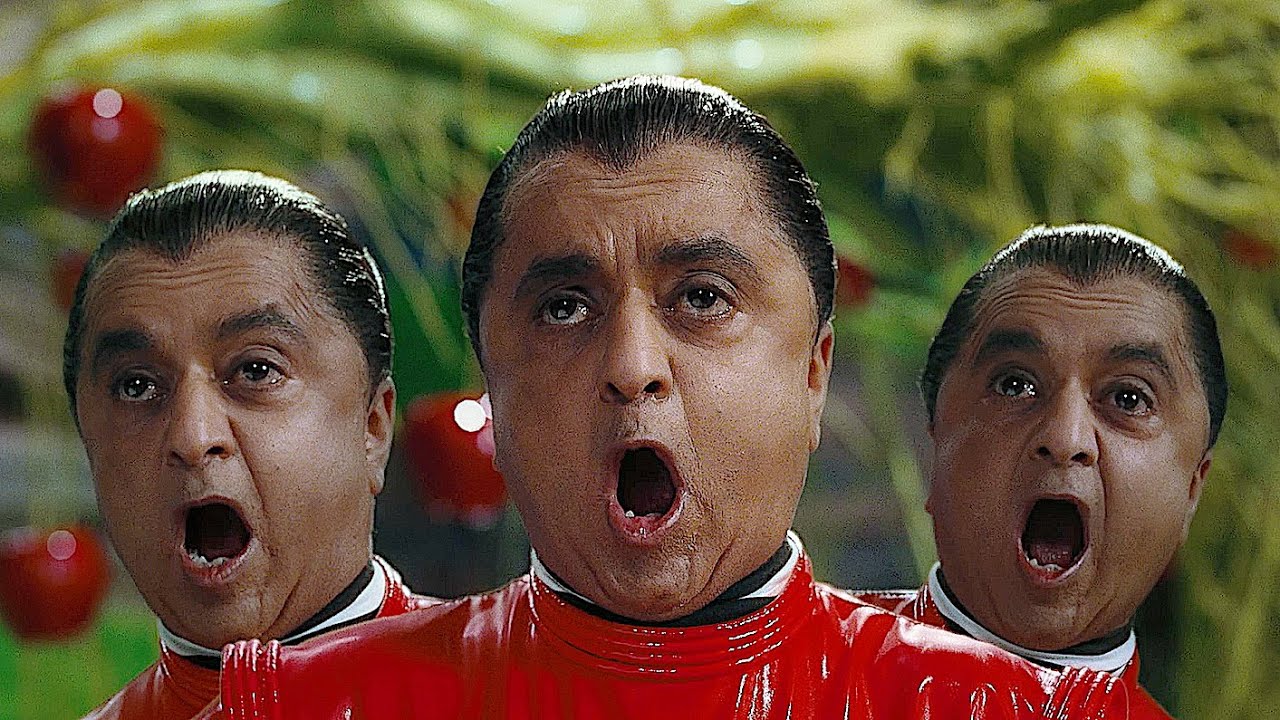
Clearly, that’s the opinion of Dahl’s living family, which commissioned the new editions in 2020, before selling The Roald Dahl Story Company to Netflix in 2021. Ian Fleming’s estate has provided similar commentary on the changes to James Bond works. These changes, then, are not driven as a response to baying mobs of woke commentators calling for censorship, but from the still living people who knew these departed writers best.
Beyond that, reprints and new editions often make amendments, add footnotes or forewords. In fact, The Roald Dahl Story Company noted this in defense of the changes, writing in a statement: “When publishing new print runs of books written years ago, it’s not unusual to review the language used alongside updating other details including a book’s cover and page layout. Our guiding principle throughout has been to maintain the storylines, characters, and the irreverence and sharp-edged spirit of the original text.” Does it make any difference if those edits are sanctioned by the estate rather than the original author? Isn’t it just a slightly different form of editing?
The final major consideration is the readership. A discerning reader will be able to parse the language used and acknowledge that attitudes reflect the beliefs of the times in which these classic texts were written. However, with James Bond, we’re talking about spy thrillers — quintessential spy thrillers, to be sure — but still books with an entertainment-first intentionality. With Roald Dahl, R.L. Stine, and Dr. Seuss, we’re talking about children. Consideration of the propriety of certain words and phrases is unlikely to be front of mind when people are reading these books, regardless of whether that’s children to themselves or parents to children. If small changes can mitigate the risks of social harm, then is it not justifiable to make those changes?
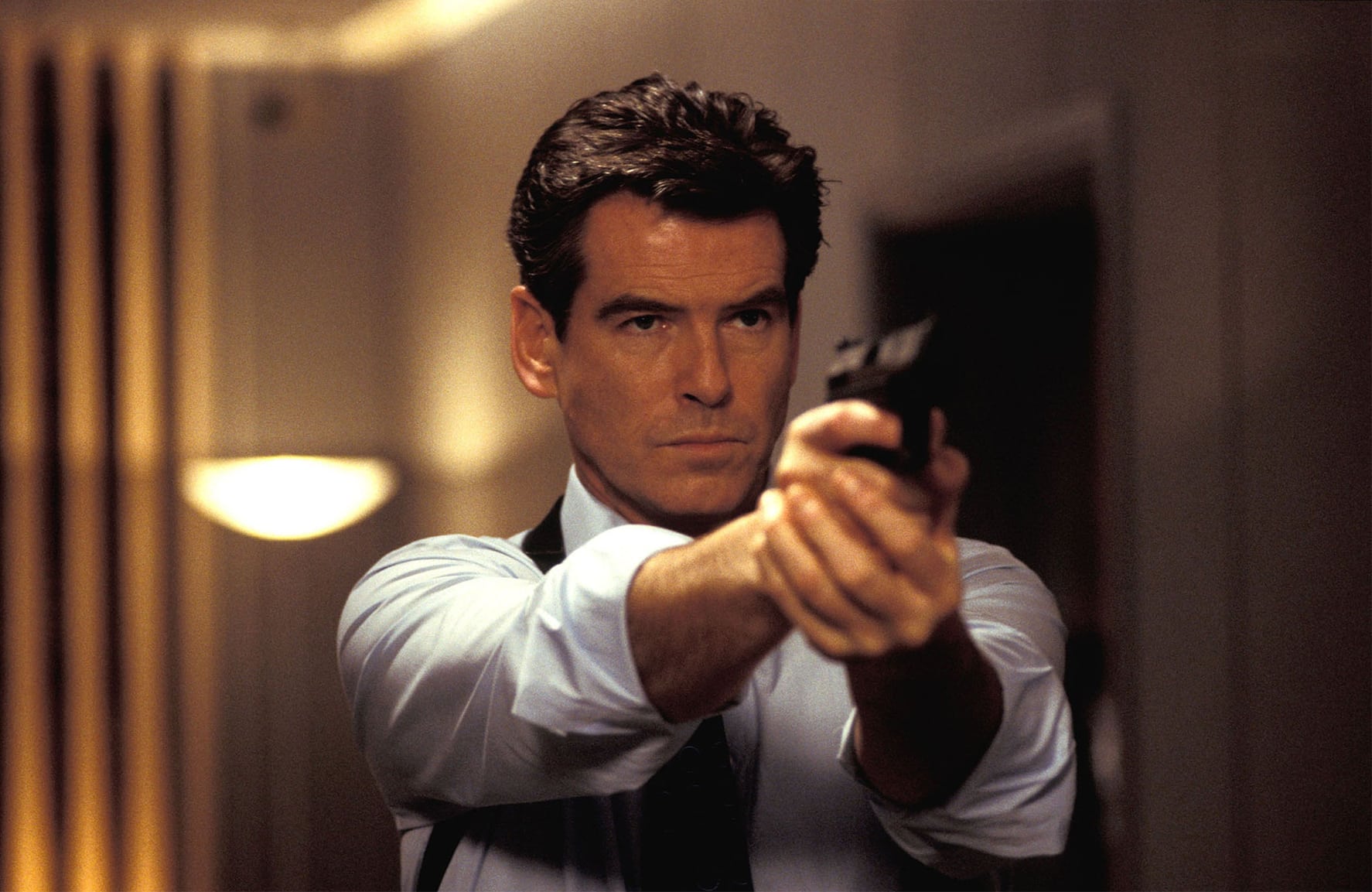
The Case That Literature Is Under Assault
Paradoxically, that final point is often used to argue that changes shouldn’t be made. Simply removing harmful content so that it’s not seen doesn’t improve the situation, according to proponents. Erasure is antithetical to social justice because it removes opportunities to discuss and debate the merit (or lack thereof) of outdated opinions. Rather, the presence of problematic ideas is important because it invites readers and/or parents to interrogate those ideas within the modern context. How can we truly understand the modern debates around racism and sexism, for example, without understanding historical realities of slavery, discrimination, and ostracism? Literature offers an easy path for anyone to engage with those concepts — and should continue to do so.
Likewise, the question of authorial intent is a double-edged sword. Dahl, Fleming, and other writers may well have been willing to update their books to reflect the times, but that can’t be viewed as blanket approval. In some cases, replacement of a single word can irrevocably alter the meaning of a sentence, and that can reverberate through a much larger piece of writing. As careful as editors may be, there’s no guarantee they won’t make a grievous error of judgment. Do the benefits of reducing harm outweigh the dangers of changing the meaning of the original work?
Perhaps the most enduring and persuasive argument, however, is one that hearkens back to George Orwell’s Nineteen Eighty-Four: Where might this lead? In a post-truth world, where national leaders can be made to say anything through deepfakes and collective gaslighting is a political tool, we should be wary of accepting this kind of blatant censorship and rewriting. As the adage goes, the road to hell is paved with good intentions. Though your personal politics may agree with the appeal to minimize social harm now, that may not be true of the next revision. Furthermore, the erasure of history enables anything to be overwritten, to convince us that Eurasia has always been at war with Oceania. Warnings of a slippery slope may seem overblown, but what if they’re not?
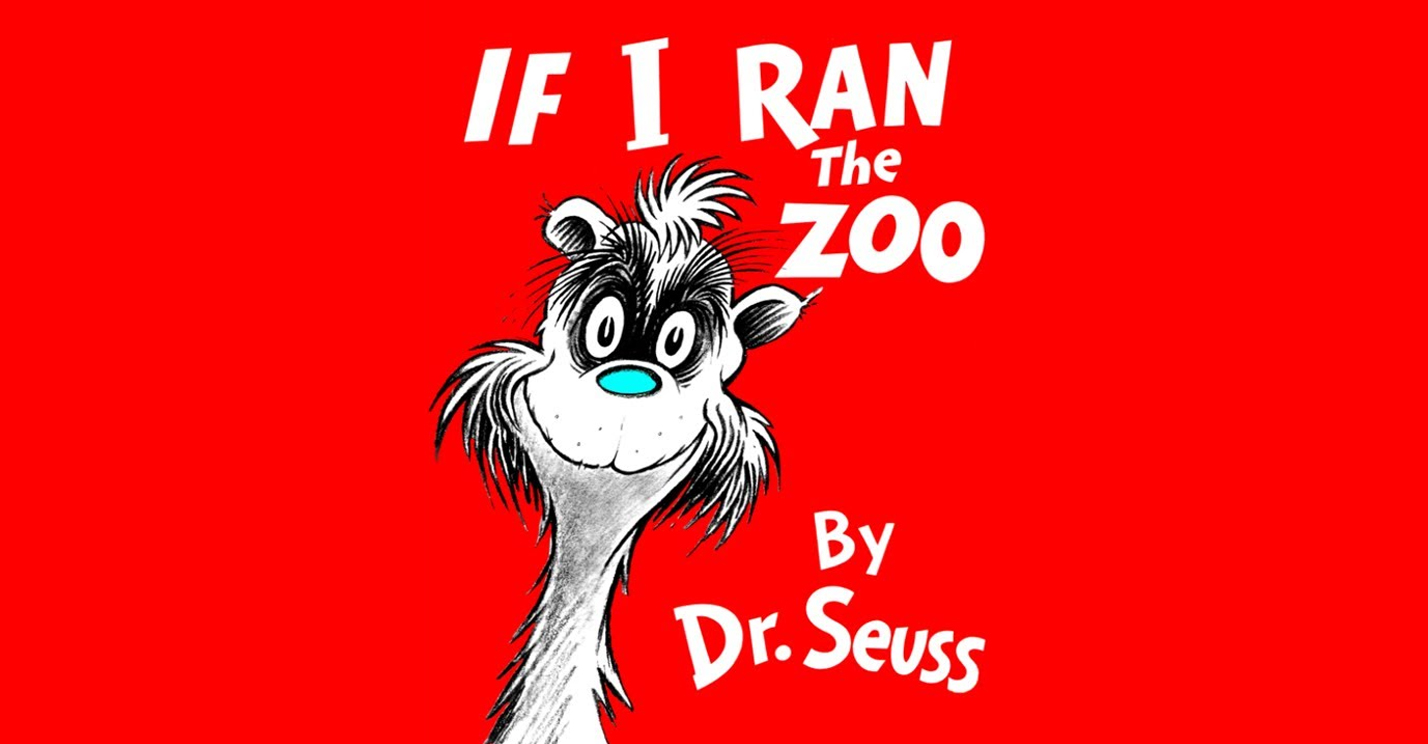
Reflections
So far, I’ve offered questions instead of statements with the aim of keeping the narrative objective. You can use that to decide your own opinion. However, if you’ll indulge me for just a little longer, I’d like to offer a short personal reflection.
It seems as if the arguments for and against this growing tendency to fiddle with texts, be they film or literature, can be loosely grouped under opposing ideologies. Support for alteration views these texts as entertainment. Because they serve primarily to amuse, they should be inoffensive. Opposition takes a more academic approach; it views them as art and artifacts, so we should not remove the elements that make them challenging.
Of course, it’s not that simple. There’s a whole range of sociological, cultural, and ethical considerations as well, but I want to keep this brief.
When I first heard the dilemma around Dr. Seuss, I thought, “Who cares?” It seemed like much ado about nothing. In retrospect, it looks a lot more like a testing of the waters. This latest wave of edits is more significant because, one, it affects more books and, two, it’s more intrusive. Those differences make for an abrupt shift in context. R.L. Stine’s claim that he was not made aware of changes to Goosebumps makes that clear.
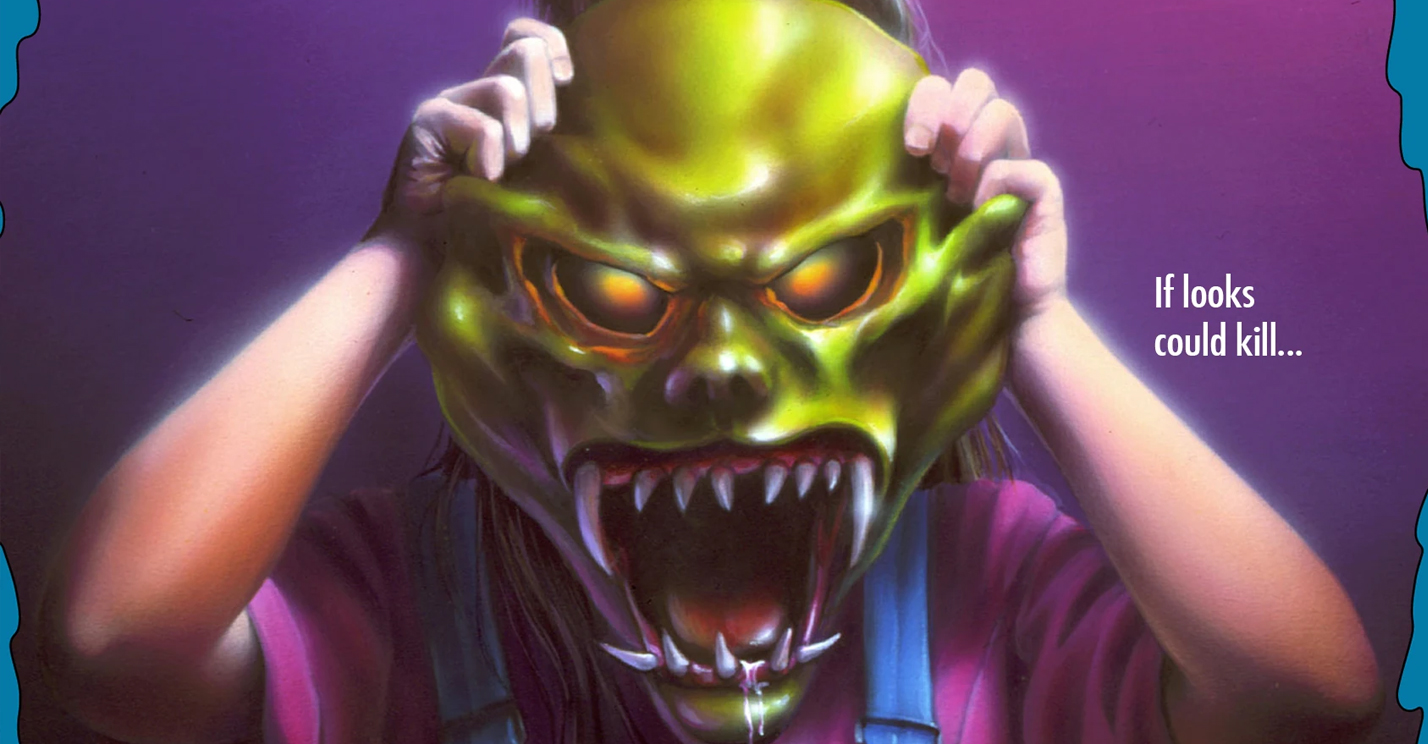
Stine is unlikely to burn bridges to condemn Scholastic, but his claim nevertheless emphasizes the possibility of publisher overzealousness. We’ve seen escalation of art censorship before, such as the covering and later desecration of nude statues in the Vatican City. However, for all that, I’m hopeful that we live in a more enlightened age, or at least one where the profit motive doesn’t support systemic censorship of what might be deemed problematic content from Toni Morrison or Joseph Conrad.
After all, it’s only by grappling with the past that we can learn from it. To that end, words matter. It matters that we can view outdated stereotypes so we may better understand why they’re outdated. If there is any solution, it’s one that demands a breaking of the status quo. Instead of continuing to celebrate works that include sexist or racist subtexts, we need to elevate and champion the books, the movies, the music, the games that reflect the present and point the way to a better, more equitable future. You can’t do that with fig leaves.

